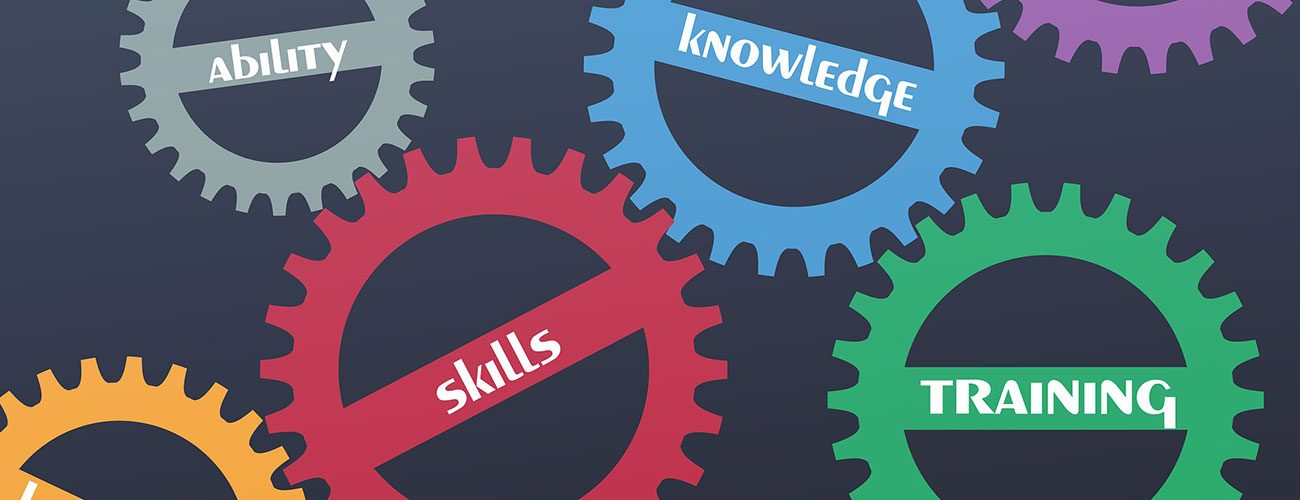SEED aims to prepare learners, students and existing professionals with the necessary skills and competencies for sustainable energy future. WP2 – Skills analysis fossil free energy supports this objective by developing a guideline for skills development and performing skills demand analysis on each region. Turku UAS together with all project partners has committed several activities to conduct the skills analysis to discover the required skills and to set the framework for the work package activities. The first internal workshop on skills development was carried out during Kick-off meeting in Turku October 2022. The hands-on workshop focused on green, digital and soft skills and had 33 participants.
After the first workshop, the Internal skills development guideline was finalized by Turku UAS with input from other partners. Currently WP2 is focused in identifying the regional skills needs in each region and reviwing the existing VET training. The skills demand analysis consists of identifying the key stakeholders to address the partners on the needed skills and collecting information from them via surveys and interviews. In coordination of Turku UAS, WP2 has developed a methodology and tools for these activities and input is now being gathered.
After the existing education have been reviewed and stakeholder needs have been identified the results will be analyzed in order to find regional skill gaps and mismatch in the education and skills needed now and in the future. Comparison between the five regions will also be conducted to identify regional priorities, and differences and similarities between regions. The results will the results provide a valuable starting point for upcoming skills development and interregional learning activities. In September the second workshop focusing on utilizing the results will be organized during project meeting in The Netherlands.
{ SEED is on a mission to equip learners, students, and professionals with the vital skills and competencies required for a sustainable energy future. Powering this objective, WP2 – Skills Analysis Fossil Free Energy is paving the way by developing a comprehensive skills development guideline and conducting an in-depth skills demand analysis across regions. With unwavering commitment, Turku UAS and all project partners have initiated a series of activities to uncover the necessary skills, setting the stage for transformative work package endeavors.
During the exhilarating Kick-off meeting in Turku, Finland, in October 2022, the first internal workshop on skills development unfolded, attracting an engaged audience of 33 participants. With a laser focus on green, digital, and soft skills, the hands-on workshop laid a solid foundation for the subsequent finalization of the Internal Skills Development Guideline, drawing invaluable input from project partners to enrich the outcome.
At present, WP2 is meticulously identifying the unique regional skills needs while diligently reviewing existing VET training. Through targeted surveys and interviews, key stakeholders are being engaged to gather vital information, supported by the methodology and tools meticulously developed by Turku UAS under the coordination of WP2.
Once the existing education has been thoroughly examined and stakeholder needs identified, the results will undergo careful analysis. This analysis aims to pinpoint regional skill gaps and mismatches in education, both in the present and future. Additionally, a comparative assessment will be conducted to identify regional priorities, as well as similarities and differences across the five regions. These findings will serve as a crucial starting point for forthcoming skills development initiatives and interregional learning activities, driving the project closer to its objectives.
Excitingly, in September, the project meeting in The Netherlands will host the second workshop, focusing on leveraging these invaluable results. This workshop promises to be a dynamic platform where ideas and insights converge, propelling SEED towards an empowered and sustainable future.}

